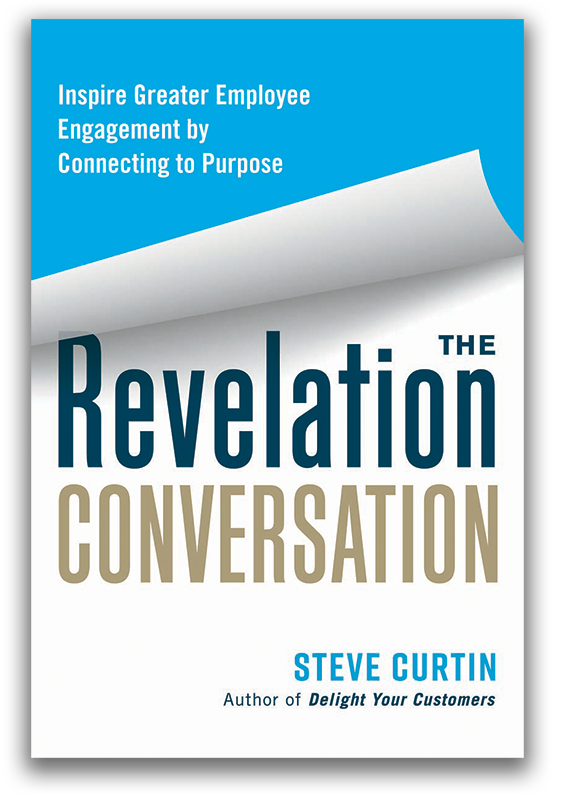 This post is the fifth in a series that will identify 10 different obstacles that have emerged from my analysis of customer satisfaction data. Maybe you will have encountered one or more of these obstacles in your own business? The fifth obstacle is adversarialism.
This post is the fifth in a series that will identify 10 different obstacles that have emerged from my analysis of customer satisfaction data. Maybe you will have encountered one or more of these obstacles in your own business? The fifth obstacle is adversarialism.
Adversarialism is an attitude that conveys hostility, opposition, or competition. Have you ever sensed an adversarial (us vs. them) disposition from a service provider?
Perhaps you were on the receiving end of what you would describe as rude or disrespectful behavior? Or perhaps it was more subtle—like dismissive body language or a contemptuous sigh? Maybe it did not involve you directly but was an altercation that you observed?
I once witnessed a supermarket employee chastise a customer in the store’s parking lot. After the customer failed to return his shopping cart to a designated cart collection area, the employee called out sarcastically, “Excuse me. That’s not where the cart goes!”
The offending customer either didn’t hear the reprimand or chose to ignore it.
I get it. I know that supermarkets provide signage and make it relatively easy for customers to return their shopping carts to designated areas throughout the parking lot. And most customers cooperate and return the carts as requested. But a few customers do not for a variety of reasons: They have young children in the car, it’s raining, they’re in a hurry, etc.
Why is this employee competing with his customer regarding whose responsibility it is to properly secure the shopping cart? That’s an argument he will never win. After all, it’s his job to collect and return the shopping carts. That’s what he’s paid to do!
The customer’s only obligation is to pay for his groceries. And we can assume he’s done that. Instead of being admonished, he should be appreciated.
Always compete for customers, not against them. You have probably heard the saying: “You never win an argument with a customer.” It’s true. Even if you have signage to point to or a policy to reference, if you offend a customer then you lose—maybe a little or maybe a lot.
The next time that you draw a line in the sand between you and your customers, consider inviting them to cross the line. That way, you can be on the same side.

